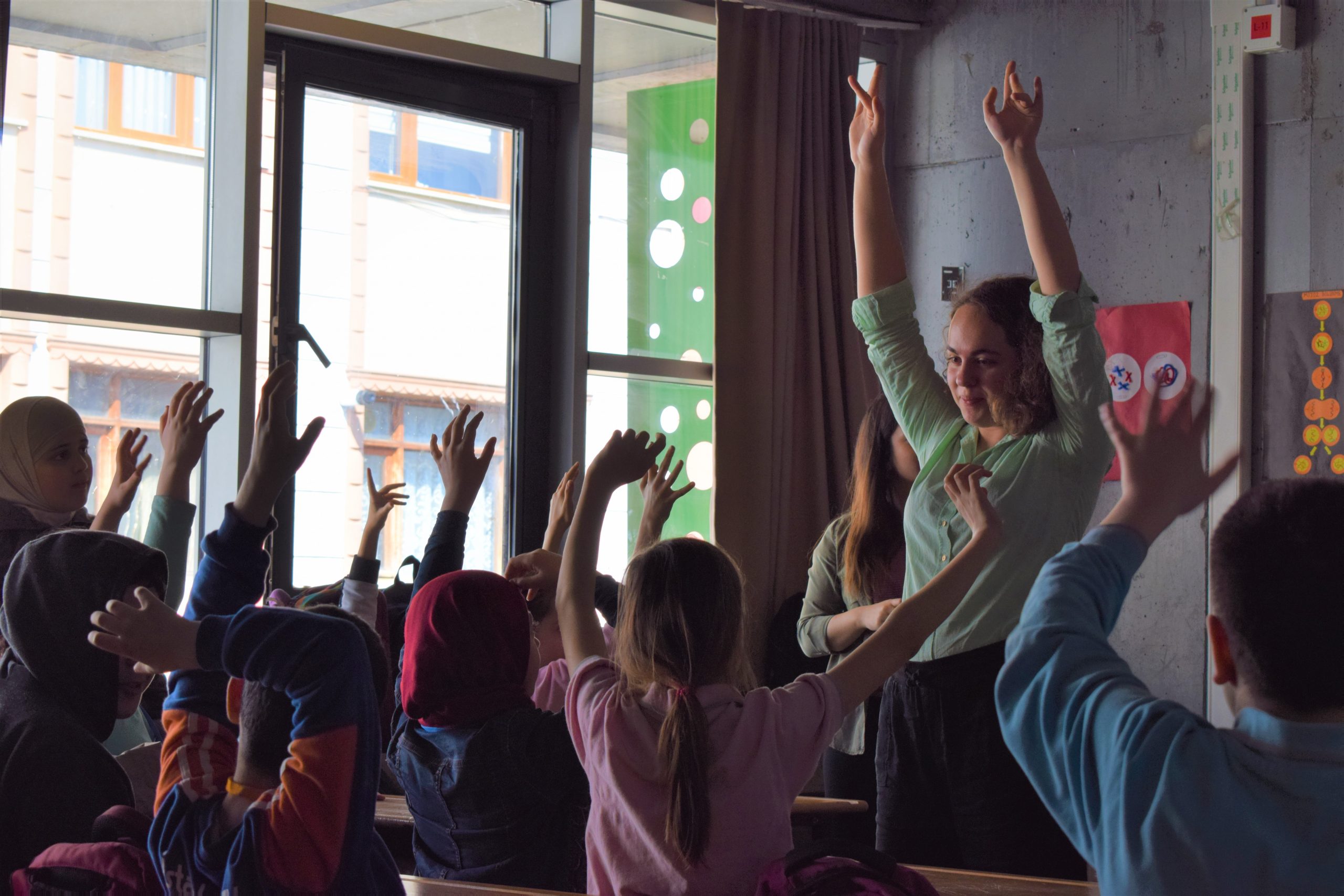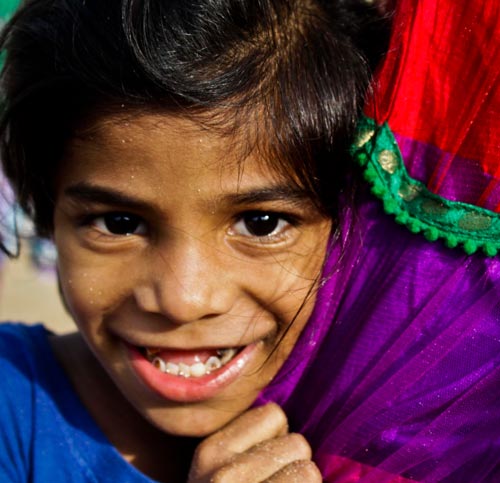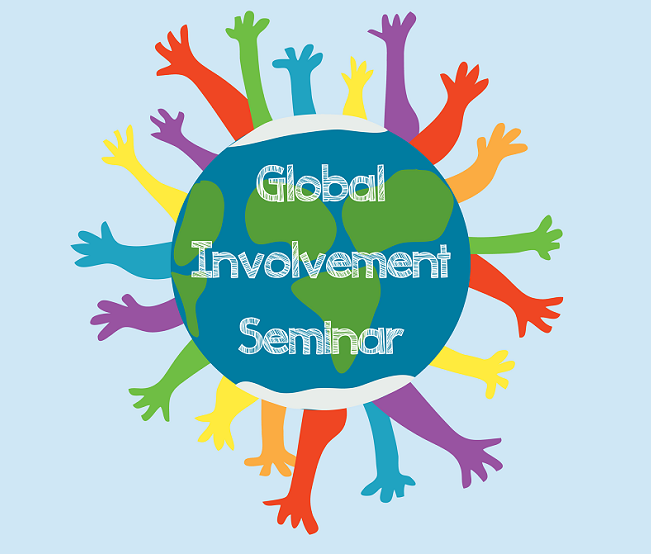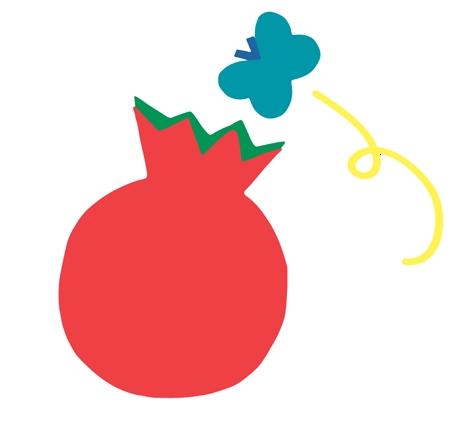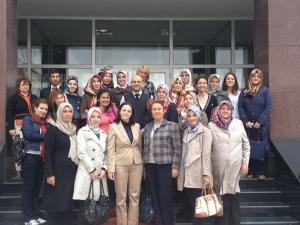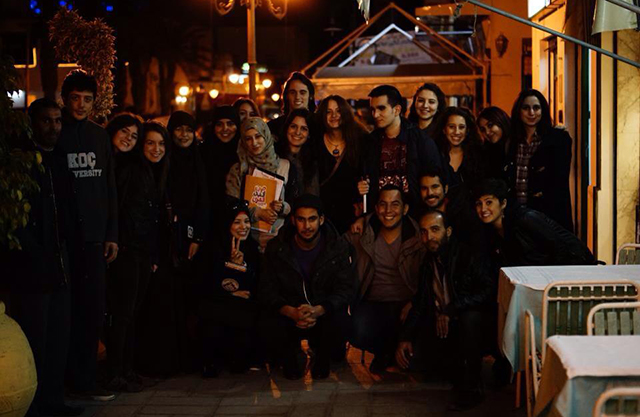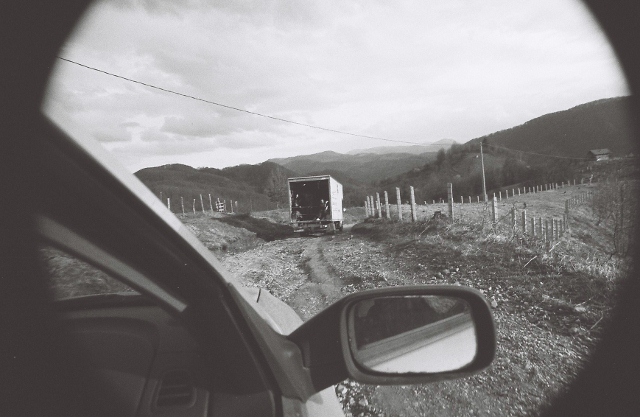Lets Be United
As KU Global Aid we aimed to increase the social connection between peers from local and migrant children in a primary school in Fatih. We are planning on doing this by implementing artistic and empathetic workshops every month. This semester as a group we attended the Hult Prize and we furthered our project idea into the competition format. This year Hult Prizes’ goal was to provide jobs for 10000 youth by having a positive impact in the world. So for this, we developed a Company idea called “PeerCo”. To give a brief description “PeerCo” was built to inspire empathetic collaboration between peers in an environment which does not support enough creativity. “PeerCo”, takes the initiative to create a collaborative platform service in which children can re-discover empathy, curiosity, global citizenship and equality. We developed this idea into a global strategic platform that allows people from all around the World to connect access and add their opinions on how to better the education system which creates new generations. We built this ideas business model on three key actors which start with children, aiming to have positive impacts on schools. The third and main part in which we would provide meaningful jobs were through our ambassadors who will be the bridge to tomorrow’s meaningful jobs. Our ambassadors include any individual who wants to have a voice in education and contribute to the future of children. Basically, we enhance our idea to have an impact globally. We started our school visits to Fatih as small groups back in 2019. In the beginning of 2020, we wanted to take our project one step further and decided to partner with Gaziantep Kolej Vakfı. In Gaziantep, we gave workshops to their IB students on how they can carry out Let’s Be United on their own. Our objective is to keep spreading this project and help children and communities everywhere, whilst raising awareness. We are trying to build social interactions between migrant and local children through organizing homework time, workshops, and conversations. Ku Global Aid volunteers, aims to increase social integration with self-development of these children. We want to contribute to their social identity, perspectives and their collective & self- development. We have taken pictures and recorded videos during this process so far, to affect the consciousness of Türkiye and the world and to show that prejudices can change with young generations.
The India Project
Between July and August of 2015, KuGlobalAid members conducted a social entrepreneurship project in Mumbai, India and introduced a newly designed water filter to residents of Dharavi Slum, which is the second largest slum in Asia with the population of more than 1 million, to promote safe water resources for the area. Students say that they had a once in a lifetime experience out of their comfort zones in Mumbai.
In the first week of the project, students had several field trips in Dharavi and tried to learn further about the problem laying based on the polluted water the residents use. They created and work on a project model by using design thinking methods. In the following weeks, also continuing to the field trips, they trained 7- and 8-year-old children about hygiene and sanitation at the Royal City School in Dharavi. Tata Institute of Social Sciences, Sundara and Reality Gives were the partners of their project. Students say that their story was a story of “contrast”: between white and dark, the humid and the arid, the rich and the poor. They experienced being a foreigner by their physical appearances, by the humid air that they/we inhaling to their lungs. They observed and truly faced with the caste system up to the end, had a chance to see the gap between the rich and the poor, and difference between lands such as Dharavi, Colaba, and Bandra. During the implementation of their projects one of the most significant experience, they say, was the interaction with children who were born into very harsh conditions in Mumbai but still have that spiritual energy and sincere smiles on their faces.
The “Nar” Project
KU GlobalAid’s primary objective of this year’s project is to arrange a stand-in Sarajevo which will be open three months long between June 8th and September 10th for the sale of the goods produced by various poor families determined by the project partners from Bosnia-Herzegovina. As a result, the goods produced by these poor families would be able to be introduced to numerous tourists coming both from Türkiye and the rest of the world.
As tourists buy some embroidery, handmade materials, and jam, they would have the chance to leave the country with concrete and meaningful memories while at the same time contribute to the aid program of KUGlobalAid.
We are organizing a launching event at Yunus Emre Turkish Culture Center on June 7 at 5 pm to promote the stand sale. Further detail for the project can be found on the following link:
Woman Entrepreneurship Erzincan (WEE)
We believe that great potential for economic and social contribution lies in the hands of Women Entrepreneurs. As KU global aid, we are organizing an initiative to guide Women Entrepreneurs in Erzincan, Türkiye to long-term and sustainable business success. We plan to do so using tools such as micro-finance, women’s empowerment seminars, small business education & consultancy, and connectivity through technology.
We believe that relying solely on technical and advisory support is not enough. Raising awareness is a crucial element of our project. In communities and campuses across Türkiye, we will be communicating the power and potential in Women Entrepreneurship development.
Our group will arrive in Erzincan April 18-21 to deliver this initiative.
Tunisia Project
We as a KUGlobalAid went to Tunisia to complete waterworks in Umnum Bişne village which is close to Algeria border and far 400 kilometers from Tunis. With our help dwellers in that village can easily reach the water. In addition to that, we also visited UNDP Tunisia and got information about the revolutionary process in Tunisia and what is their role and their actions about current issues. After that we visited Ennahdha Movement, they are part of the provisional government and executive power for making a new constitution in there we talked with the head of political affairs and discussed how Tunisia develop itself after the revolution. We observed the constitution-making process and suggestions from university students. We organized a “Kermes” and get some money for our waterwork projects. Finally, we interviewed with Turkish Embassy and talked about how can we make our project sustainable for the future because our main goal is making projects sustainable.
Left Behind in Bosnia
Srebrenica is a small mountain town in the east of Bosnia and Herzegovina. Before the war, the town was inhabited by approximately 24,000 people, 75% of whom were Bosnian Muslims. Srebrenica was one of the areas which the United Nations had declared as a safe area with six other regions including Sarajevo, Bihac, Gatorade, Zepa, and Tuzla. This resulted in a significant number of refugees relocating from neighboring areas to Srebrenica. Thus, the estimated population of Srebrenica rapidly increased up to 45,000 by July 1995.
Although Srebrenica was announced to be a safe area by the UN, approximately 8,300 Bosnian Muslims were killed in Srebrenica in July 1995 by the Army of Republika Srpska under General Ratko Mladic. The massacre occurred despite the existence of UN troops in the region. Srebrenica Massacre became the greatest human slaughter in the history of Europe since the Second World War and is the first legally documented genocide in Europe.
Although it has lost visibility in the international media, Bosnia and Herzegovina is still in need of help from the international community. Both the country and the locals have been suffering from severe difficulties induced by economic and political instability. Today, 46% of Bosnians live under the poverty line.
The Office of International Programs and KuGlobalAid implemented an international community service project with the partnership of The International Forum of Solidarity-Emmaus in Bosnia and Herzegovina. This week-long project consisted of professional staff and students. Participants were accommodated in local guesthouses and delivered food, clothing and similar basic needs to local families in need. In addition, participants visited a rehabilitation center in Doboj and engaged with elderly people and children in their activities.

